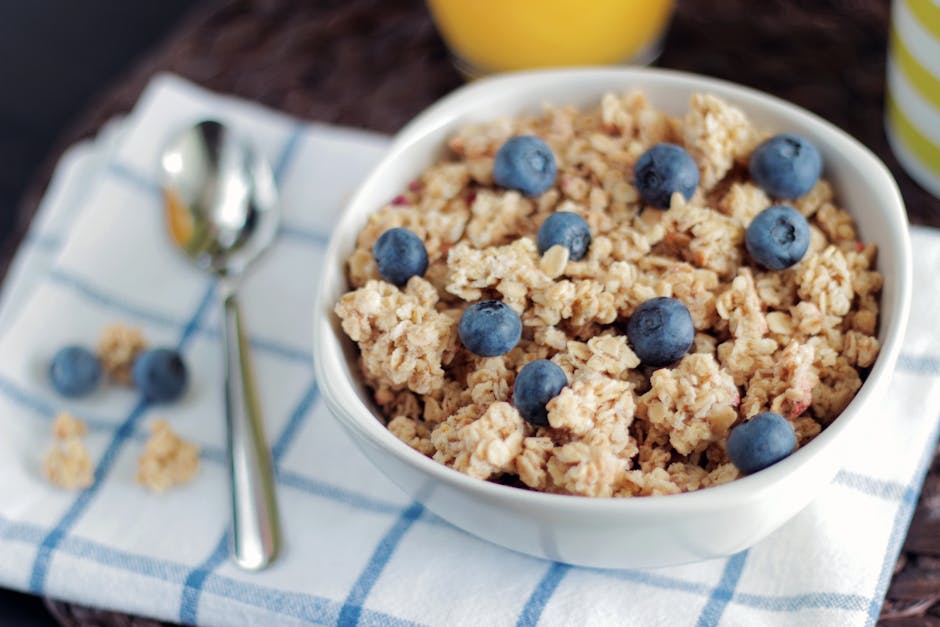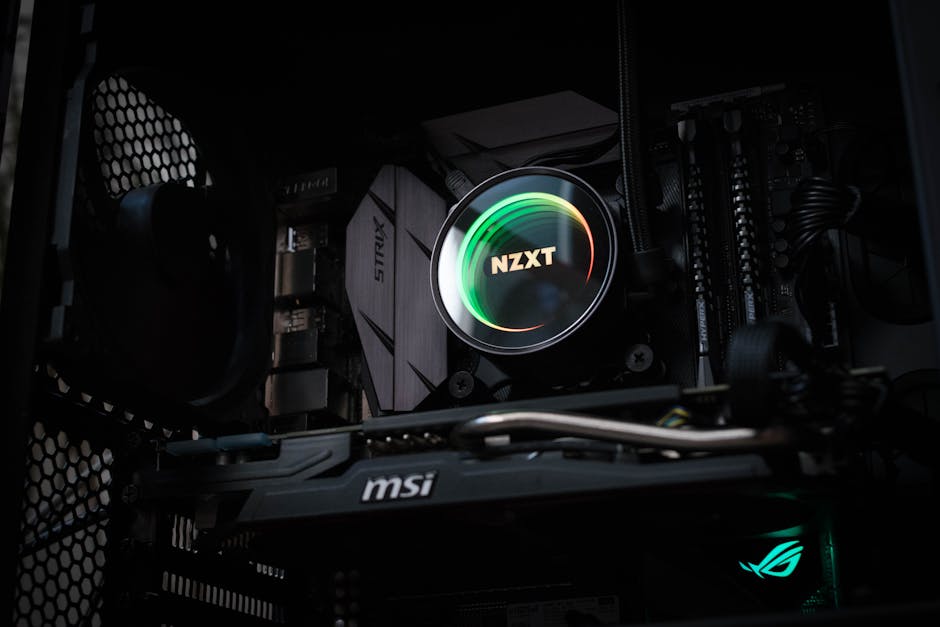Optimize Your Diet for Peak Performance
Are you looking to boost your energy, focus, and overall performance? You might be surprised to learn that what you eat plays a huge role in how well you function every day. This article will guide you on how to optimize your diet for peak performance, making it easier than ever to reach your goals.
Why Does Nutrition Matter for Performance?

Think of your body as a car. Just like a car needs the right fuel to run smoothly, your body requires the right nutrients to perform at it’s best. Research shows that a balanced diet can improve everything from your concentration to your physical endurance. A study from the Journal of Nutrition found that athletes who eat a well-balanced diet recover faster and perform better.
So, what should you focus on? Lets break it down.
What Should You Include in Your Diet?

To fuel your body effectively, aim for a mix of macronutrients and micronutrients:
- Carbohydrates: These are your bodys main energy source. Foods like whole grains, fruits, and vegetables are packed with carbs.
- Proteins: Help repair and build tissues. Lean meats, beans, and nuts are great sources.
- Fats: Healthy fats support brain function. Think avocados, olive oil, and fish.
Now, lets dive a bit deeper into each group.
How Do Carbs Boost Your Energy?

Carbs are like the gasoline that powers your engine. They give you the quick energy you need for workouts or long workdays. But not all carbs are created equal.
Choose complex carbs over simple ones. Complex carbs provide lasting energy. Foods like:
- Whole grain bread
- Brown rice
- Quinoa
Simple carbs, like sugary snacks, give a quick spike in energy but leave you crashing soon after. Think of it as a roller coasterexciting at first, but the drop can be harsh.
Why Is Protein Important for Performance?

Protein is crucial for building muscle and repairing tissues. If you’re active, you need more protein than someone who isn’t. It’s like giving your body the tools it needs to fix itself after a workout.
Great sources of protein include:
- Chicken breast
- Fish
- Lentils
don’t forget about snacks! Greek yogurt or a handful of nuts are perfect for a quick protein boost.
What Role Do Fats Play?
Healthy fats are vital for brain health and hormone production. They can also help you feel fuller longer. Not all fats are badlook for sources of unsaturated fats.
Some delicious options include:
- Olive oil for salad dressings
- Avocados in your smoothie
- Fatty fish like salmon
These fats can keep your energy steady and your mind sharp.
What About Vitamins and Minerals?
Vitamins and minerals are the unsung heroes of your diet. They support various bodily functions and can help prevent fatigue and illness. For example:
- Iron: Important for transporting oxygen in your blood. Found in spinach and red meat.
- Calcium: Essential for strong bones. Get it from dairy or leafy greens.
- Vitamin C: Boosts your immune system. Found in citrus fruits and peppers.
A colorful plate is usually a sign of a nutrient-rich meal. Aim for a rainbow of fruits and vegetables!
How Can You Stay Hydrated?
Water is an essential part of your diet. Staying hydrated helps maintain your energy levels, focus, and overall health. Even mild dehydration can lead to fatigue.
Here are some tips to stay hydrated:
- Drink water throughout the day, not just when you’re thirsty.
- Include water-rich foods like cucumbers and watermelon in your meals.
- Set reminders to drink water if you often forget.
Remember, if you feel thirsty, you’re already a bit dehydrated!
How Can Meal Timing Impact Performance?
When you eat is just as important as what you eat. Timing your meals can help maximize your energy and performance.
Try these strategies:
- Have a balanced meal or snack about two hours before exercising.
- Refuel within 30 minutes after a workout for optimal recovery.
- Break your meals into smaller portions throughout the day to maintain energy levels.
These habits can help you stay energized and focused.
What Are Some Common Diet Myths?
Many people have misconceptions about diets. Lets clear up a few:
- Myth: Carbs are bad for you. Fact: Your body needs carbs for energy. Just choose the right ones!
- Myth: All fats are unhealthy. Fact: Healthy fats are essential for your body.
- Myth: Skipping meals helps you lose weight. Fact: Regular meals can keep your metabolism steady.
Being informed can help you make better choices.
How Can You Make Diet Changes?
Making changes to your diet doesnt have to be overwhelming. Start small and build from there:
- Swap sugary drinks for water or herbal tea.
- Add one extra serving of vegetables to your meals.
- Try a new healthy recipe once a week.
Every little change can make a big difference over time.
What Are Some Actionable Takeaways?
Optimizing your diet for peak performance can be simple and enjoyable. Here are some key points to remember:
- Focus on a balanced diet with carbs, proteins, and healthy fats.
- Stay hydrated throughout the day.
- Time your meals to fuel your activities.
- Be aware of common diet myths.
- Make gradual changes for lasting impact.
By taking these steps, you can set yourself up for success in all areas of your life. Your body is your most valuable toolfuel it well!
For more tips on nutrition and performance, check out our article on healthy eating tips.


